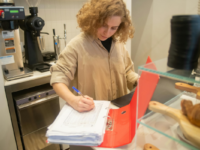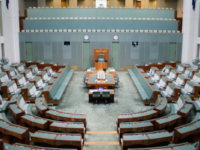The Australian Taxation Office (ATO) has received 250,000 tip-offs from the community about tax-avoiding businesses and other dishonest behaviours since 1 July 2019, with more than 47,000 tip-offs reported in the 2023–24 financial year alone.
ATO Assistant Commissioner Tony Goding explained that Australians are fed up with dodgy behaviours in the community and are stepping up to correct these practices by tipping off the ATO about taxpayers not declaring income, demanding cash from customers, paying workers in cash to avoid paying tax and super, not reporting sales, and where someone’s lifestyle does not appear to match their income.
“These businesses are deliberately undercutting their competitors and gaining an unfair advantage in their industry. People who cheat their competitors and the community will likely try to cheat their customers too,” Goding said.
The ATO estimates that there is around $16 billion in stolen taxes because of unlawful business practices such as cash jobs each year, with businesses in building and construction, cafes and restaurants and hairdressing and beauty services sectors topping the list of industries the ATO received tip-offs about.
The ATO noted that it received almost 1,000 tip-offs every week from people who know or suspect tax evasion. During the 2023-24 period,15,516 tip-offs were received from New South Wales residents, followed closely by Victorians (11,256 tip-offs) and Queenslanders (10,629 tip-offs).
“Community tip-offs are one of our best sources of information when it comes to tackling the shadow economy,” Goding said. “When we receive information through a tip-off, we cross-check the information and assess whether further action is required.”
Approximately 90 per cent of tip-offs analysed by the ATO in 2023–24 were deemed as being suitable for further investigation. This investigation is then carried out by specialised teams and taskforces within the ATO, including the cross-agency Shadow Economy Taskforce.
“A tip-off can provide the ATO with crucial information it needs as part of an investigation, sealing the fate of those who intentionally do the wrong thing,” Goding said.
The ATO has also encouraged businesses that have been operating in the shadow economy to become legal by speaking to their registered tax professional or the ATO.
















